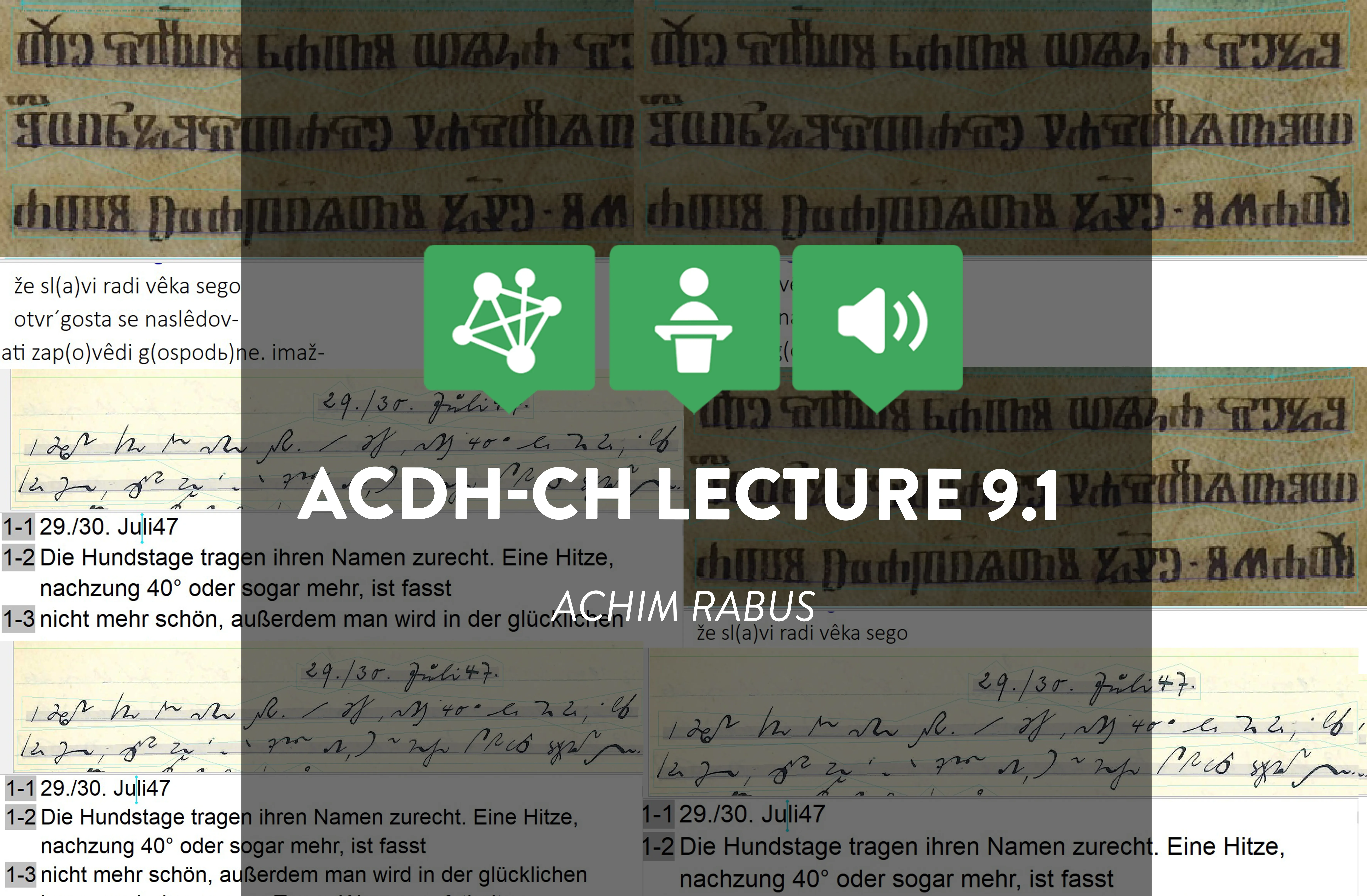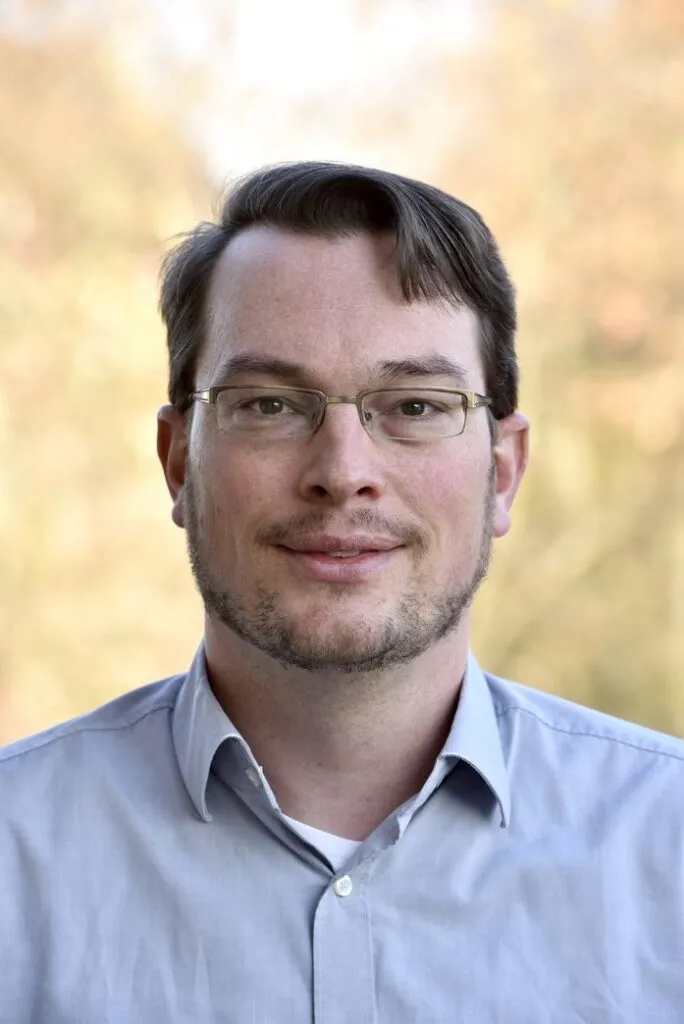
ACDH-CH Lecture 9.1
Exploring the Boundaries: The Present and Future of AI-powered Handwritten Text Recognition
When: Thursday, March 30, 2023; 16:00
Where: hybrid
Theatersaal, Sonnenfelsgasse 19, 1010 Vienna & online
Registration: Please register for the Lecture via this link
before Tuesday, 28.3.2023, 12.00.

Achim Rabus
University of Freiburg, Germany
Exploring the Boundaries:
The Present and Future of AI-powered Handwritten Text Recognition
The ACDH-CH lecture 9.1 will provide an overview of the current state of AI-powered multilingual Handwritten Text Recognition (HTR). Dr Rabus will discuss the capabilities and limitations of HTR models for different scripts and languages, with a special focus on ‘smart’ models that have enhanced capabilities such as resolving abbreviations or transliterating text into another script. Additionally, this insightful lecture will examine the implications of mass digitization enabled by HTR technologies for humanities research in the digital age, and provide examples of how to work with HTRized text corpora.
ACDH-CH Lecture 9.1 with Achim Rabus (University of Freiburg)
Achim Rabus
Prof. Dr. Achim Rabus holds the Chair of Slavic Linguistics at the University of Freiburg, Germany. From 2013 until 2016 he was employed as a Professor at the University of Jena and the Aleksander Brückner Center for Polish studies at the Universities of Halle and Jena. Rabus defended his PhD thesis on the language of East Slavic spiritual songs in 2008 and his Habilitationsschrift on Slavic language contact in 2014. In 2012, he was awarded a Feodor Lynen fellowship to conduct research at the University of California, Berkeley, sponsored by the Alexander von Humboldt Foundation. From 2011 until 2016, he was a member of the Junior Academy Program of Heidelberg Academy of Sciences and Humanities. Since 2009, Rabus has been a member of the Special Commission on the Computer-Supported Processing of Mediæval Slavonic Manuscripts and Early Printed Books to the International Committee of Slavists, and since 2018, the President of the Commission.
He has been the principal investigator of several philological, sociolinguistic, and Digital Humanities projects. His current research focuses on Slavic sociolinguistics, dialectology, Handwritten Text Recognition, and (digital) historical linguistics.